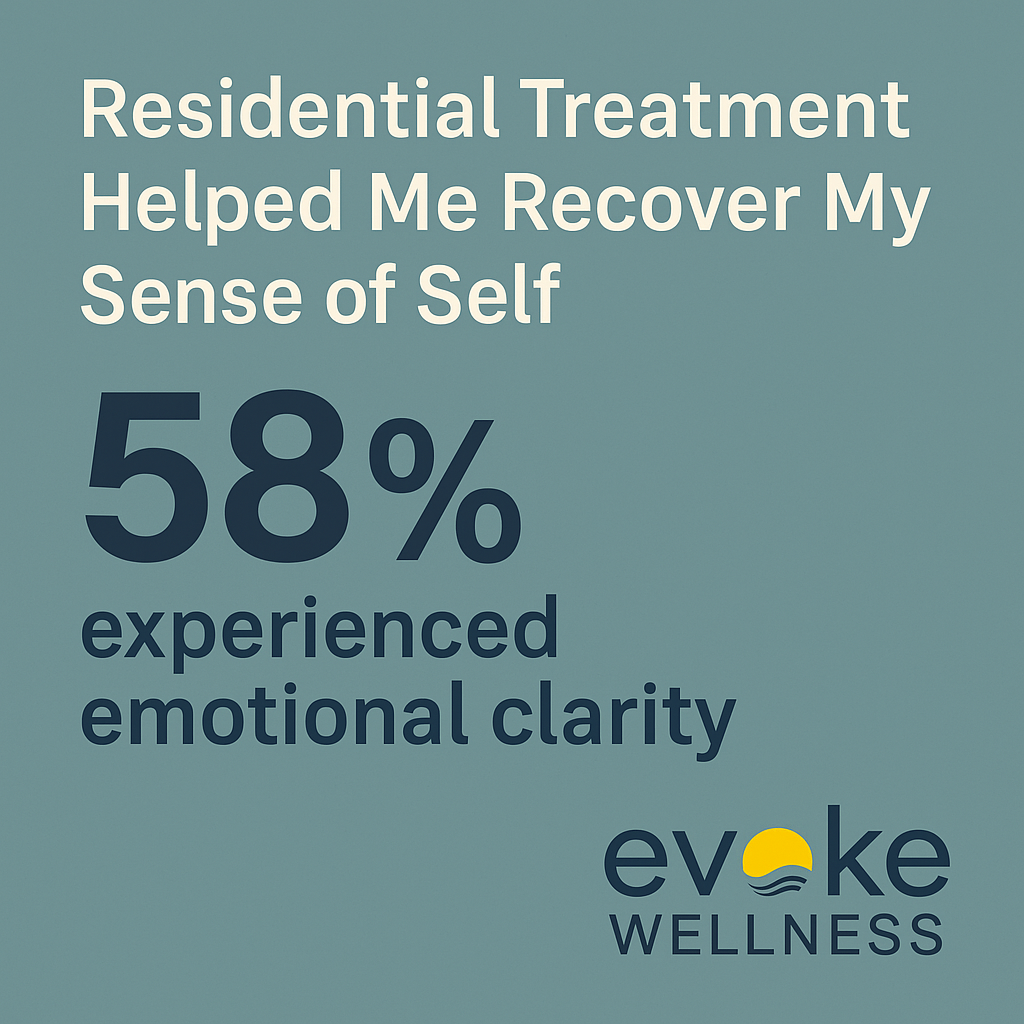I used to tell myself I wasn’t “that bad.”
I had a job. A place to live. I wasn’t drinking in the morning or losing everything. So I convinced myself that meant I could fix it on my own.
But deep down, I knew I was losing myself. Slowly, quietly. I couldn’t go more than a few days without drinking—and when I did, the anxiety, the restlessness, the need—it felt unbearable. I kept trying to pull it together, white-knuckling it through dry spells, hoping this time I could finally stop for good.
I couldn’t. Not alone.
The Quiet Kind of Rock Bottom
It wasn’t a dramatic crash that led me to treatment. No DUI. No public meltdown. Just a quiet breaking point—a morning where I couldn’t look myself in the mirror. I stood at my bathroom sink, nauseous, shaky, and exhausted. Not just from the alcohol, but from the pretending. From the cycle. From the fear that this might just be who I was now.
That day, I searched for help—not a blog or a book or another “30-day no drinking” challenge. Actual help. I needed something different. Something real.
Why Residential Treatment Felt Like a Risk—and Why I Took It Anyway
Signing up for residential treatment felt terrifying. What would I tell my job? My friends? Would it even work? What if I failed again—this time in front of people?
But the bigger fear was this: What if I didn’t go? What if nothing ever changed?
I chose to trust that a structured environment, away from everything familiar, might be what I needed. And I was right.
What I Found in Residential Treatment for Alcohol Addiction
Residential treatment program wasn’t what I expected. It wasn’t cold or clinical. It wasn’t endless lectures or shame-based motivation. It was calm. It was human.
It was the first place where I felt like I could rest and be held accountable. Where both things were true.
I had space to breathe—literally and emotionally. No juggling work calls while detoxing. No pretending everything was fine while falling apart at home.
Instead, I had:
-
A consistent daily routine that steadied my nervous system
-
A care team that didn’t judge or rush me
-
Peers who understood the guilt, fear, and fatigue of trying to stop again and again
The world slowed down just enough for me to hear myself think.
The Emotional Work I Didn’t Know I Needed
At first, I thought treatment would just be about “not drinking.” But what changed me most wasn’t just sobriety—it was the emotional clarity that came with it.
I began to see why I drank. What it had been covering. Where I had been hurt. How long I had been carrying things that weren’t mine.
With support, I faced things I had been running from for years. And I didn’t do it alone.
One Conversation That Stuck With Me
I’ll never forget what one counselor said after I opened up during group therapy:
“You’ve already survived the hardest part. Now it’s time to heal.”
It shifted something in me. For the first time, I didn’t feel broken. I felt brave.
Coming Home to Myself
Residential treatment gave me time to reconnect with the version of me I had lost in the chaos. The one who liked quiet mornings. Who felt things deeply. Who could sit with discomfort instead of numbing it.
When I left, I wasn’t magically cured. But I was equipped. I had tools. A discharge plan. A team I could follow up with. And most importantly—I had hope that felt real.
If You’re on the Fence About Treatment, I Get It
Maybe you’re scared of what treatment will mean. That it’s a label you don’t want. That it’ll be too hard, or that it won’t work.
I’ve been there. But here’s what I learned:
-
Treatment doesn’t mean you failed. It means you’re choosing something better.
-
You don’t have to wait until everything falls apart.
-
You are not weak for needing help. You are wise for asking.
Even now, with time in recovery, I still have moments of doubt. But I never regret that decision. It was the beginning of a life I didn’t think I deserved—but I’m learning to accept it.
FAQ: Residential Treatment for Alcohol Addiction
What is residential treatment for alcohol addiction?
Residential treatment is a live-in care program where individuals receive around-the-clock support, therapy, and structure in a safe environment designed for recovery. It removes outside distractions and stressors so healing can begin with full focus.
How long does residential treatment typically last?
Programs can vary, but many last 30, 60, or 90 days. The exact length depends on your needs, history, and progress. What matters most is giving yourself enough time for real change to take root.
Will I have to detox before starting treatment?
If you’re physically dependent on alcohol, a supervised detox is often the first step. Many residential programs include detox as part of their service, ensuring medical safety during withdrawal.
Can I keep my job or communicate with family during treatment?
Yes, many programs help you work with employers and offer ways to stay in touch with family. That said, the focus is on your recovery—stepping back temporarily often leads to stronger relationships later.
Is residential treatment in Massachusetts covered by insurance?
In many cases, yes. Insurance often covers part or all of the cost depending on your provider and plan. Treatment centers typically offer help with insurance verification.
What happens after residential treatment?
You’ll likely transition into outpatient care or aftercare planning. This might include therapy, group meetings, sober living, or continued support. Residential care is the foundation—not the end—of recovery.
Ready to Take the First Step? You don’t have to do this alone. Call us at (866) 931.6429. Our residential program in Massachusetts is here to give you space, safety, and support—so real recovery can begin.





